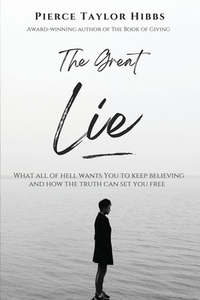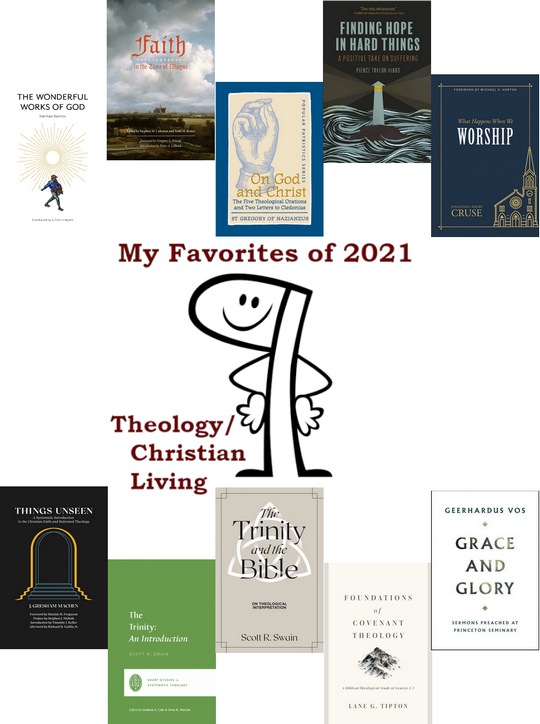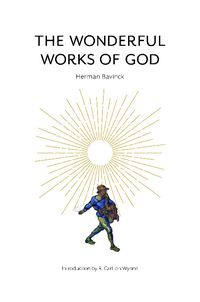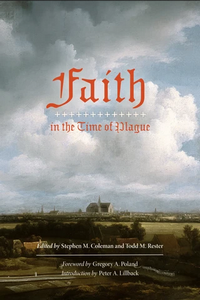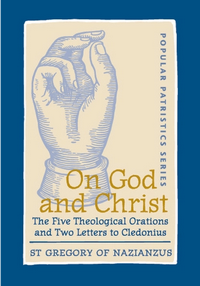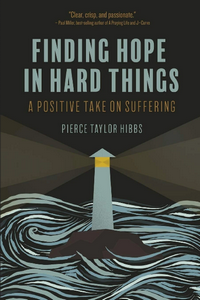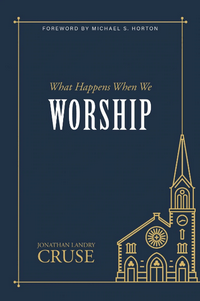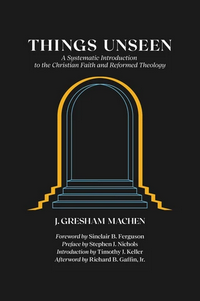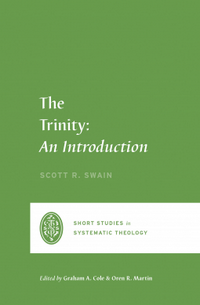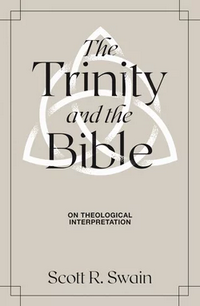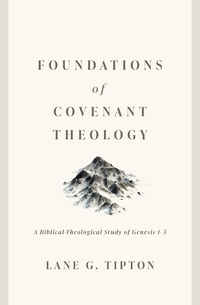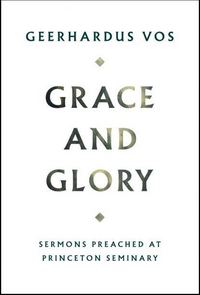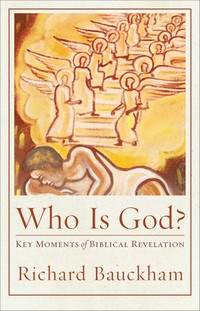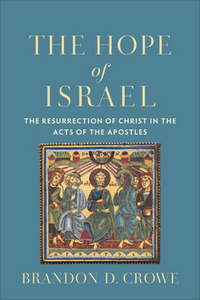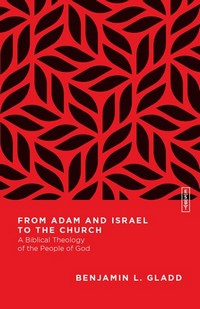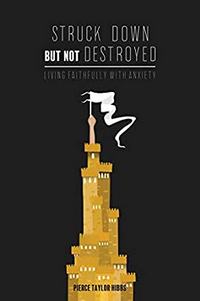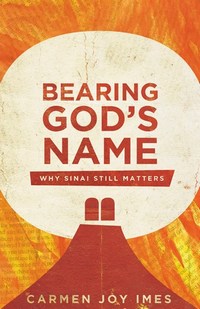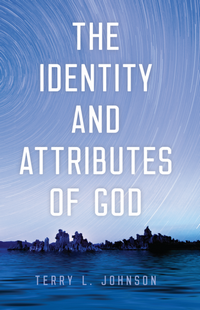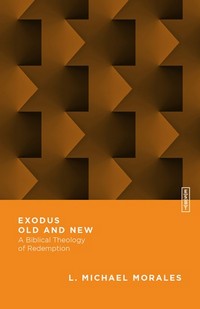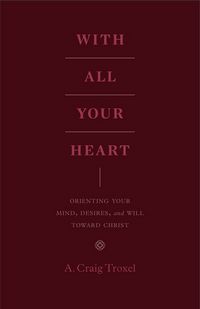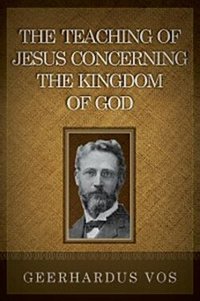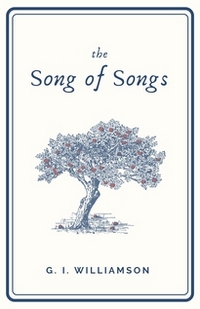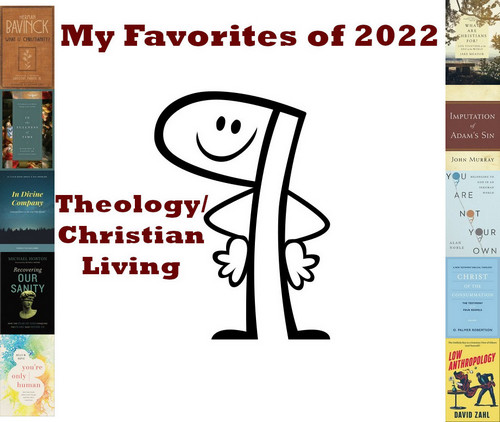
Finally, we’re at the end of my 2022 wrap-up. Thanks for sticking with me for so long! (assuming you have). At a certain point this year, it felt like I was reading a set all around similar/related ideas. The Kapic-Noble-Horton-Zahl books weren’t written in that way, but they hit me that way. I can’t think of one anymore without the others—that’s not the entire reason they all made my favorites list, but I can’t deny there’s a link. The rest are varied enough to show that I didn’t have tunnel vision all year.
As always, re-reads don’t count for these lists.
(in alphabetical order by author)
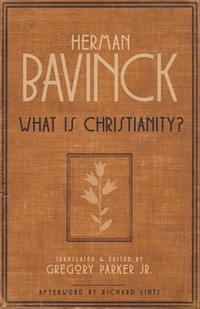 What is Christianity?
What is Christianity?
by Herman Bavinck, Gregory Parker, Jr. (Translator)
My original post
These are two short works by the noted Dutch Theologian newly translated into English. Bavink is clear and convincing without being combative in this pair of brief apologetic pieces. Typically for him, he displays a catholicity in his approach—he’s clearly Reformed Protestant, but he doesn’t disparage other views. I don’t know he accomplishes all he does in so few pages—there’s a lot of subtle theological and apologetic work, here. But there’s also a lot that’s just easy to digest, clear and helpful. Bavinck gives his readers a Christ-centered, Christ-focused definition and description of Christianity (you’d think that’d be a given, but…). As Warfield put it, “We cannot imagine how the work could be done better.”

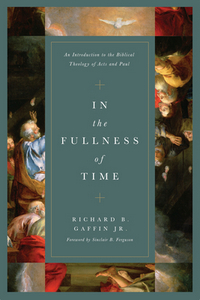 In the Fullness of Time: An Introduction to the Biblical Theology of Acts and Paul
In the Fullness of Time: An Introduction to the Biblical Theology of Acts and Paul
by Richard B. Gaffin, Jr.
I haven’t written about this yet, and I’m pretty intimidated to try. I loved every second of it—I felt like I was a beginning student and at the same time, like I was understanding texts with a depth I’m not accustomed to. There’s a lot of depth to Gaffin’s thinking—as one expects every time you read the man—but I thought this work was a bit easier to work through than some of his shorter works. There’s a strong focus on Pentecost and what it means for the rest of New Testament theology (as there should be). Gaffin also sketches out a way to approach Paul’s theology that’s so helpful you wish that it was at least twice as long so he could develop it more and give more examples (although everything in the book is sufficient, I’m just greedy). I’m likely returning to this book this year.

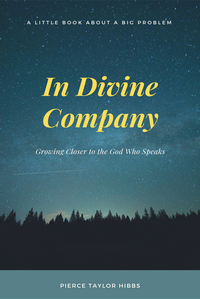 In Divine Company: Growing Closer to the God Who Speaks
In Divine Company: Growing Closer to the God Who Speaks
My original post
A great work on prayer. Grounding our need for it not in our limitations or sense of need. Nor in the command to do so. Instead, Hibbs focuses on the nature of God as a communicative God and us as His image bearers. Hibbs being Hibbs, this is one of the better-written books on this list.

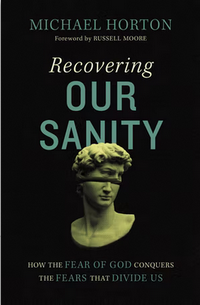 Recovering Our Sanity: How the Fear of God Conquers the Fears that Divide Us
Recovering Our Sanity: How the Fear of God Conquers the Fears that Divide Us
My original post
Horton seeks to address several issues facing contemporary American Christians through the filter of the fear of God—the basic thesis is that if we are maintaining that fear as we ought, it’s easier to maintain a proper perspective on our problems and concerns (as real and as valid as they are). There’s a lot of wisdom in these pages, a lot to chew on (and a handful of things to disagree with).

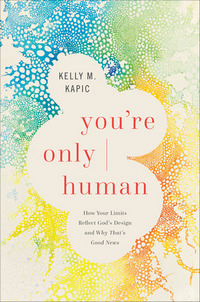 You’re Only Human: How Your Limits Reflect God’s Design and Why That’s Good News
You’re Only Human: How Your Limits Reflect God’s Design and Why That’s Good News
My original post
Kapic seeks to apply the doctrine of Creation to remembering that we are created with limits—and, as such, we need to be dependent on one greater than us to help us when we are pushed beyond those limits. There’s a freedom in this realization—we can’t do it all and need to cut ourselves (and others) some slack. Although Kapic states it better than that. The book is a great combination of careful theology and careful application. It’s challenging and reassuring.

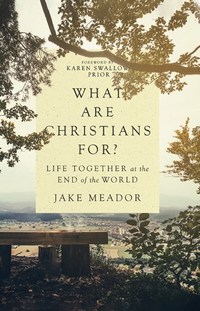 What Are Christians For?: Life Together at the End of the World
What Are Christians For?: Life Together at the End of the World
by Jake Meador
My original post
Meador wants to address American (specifically) and Western (generally) politics from a confessional and Natural Law perspective. He challenges positions and foundations of the Right and the Left calling us all to something deeper and better. And more Biblical. This is a careful book, one that I’m not convinced I completely understood on a first read, but I really appreciated what I did glean from it.

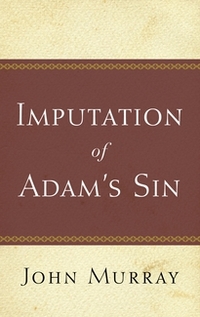 The Imputation of Adam’s Sin
The Imputation of Adam’s Sin
by John Murray
My original post
This is a very brief work—but as is typical for John Murray, he doesn’t need a lot of words to make his point. He focuses his arguments for the Imputation of Sin on a careful look at Romans 5:12-19. This book is typical Murray—crisp, clear, concise, and convincing. Sure, there’s the drawback that his prose is dry and empty of all personality. The book doesn’t need them (and I’d think it strange to read Murray with it). It’s easy to see why it’s still so heavily used this many years after publication.

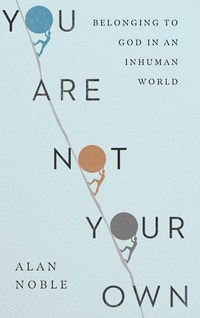 You Are Not Your Own: Belonging to God in an Inhuman World
You Are Not Your Own: Belonging to God in an Inhuman World
by Alan Noble
My original post
American Christians are too prone to think of themselves as their own, Noble seeks to remind us that (in the words of the Heidelberg Catechism), “I am not my own, but belong with body and soul, both in life and in death, to my faithful Saviour Jesus Christ.” Noble points the believer to recalibrate their understanding of human nature—particularly redeemed human nature—to begin to understand what being the possession of Christ means to our life, our future, our identity. Noble’s writing flows—he’s engaging, compassionate, and relatable. It’s easy to understand even the more complex points he’s making, and his illustrations give the reader plenty to hang on to. Noble’s diagnosis and advice were sound—they seemed to match up with the world around us and the problems we see. More importantly, he points to the One whose grace, mercy, and care offer any true hope and help in this broken and dying world.

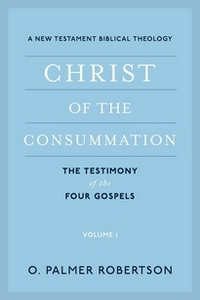 Christ of the Consummation: A New Testament Biblical Theology Volume 1: The Testimony of the Four Gospels
Christ of the Consummation: A New Testament Biblical Theology Volume 1: The Testimony of the Four Gospels
My original post
This is the first of a three-part exercise in applying the method of Biblical Theolgy for the New Testament as outlined by Vos. This volume focuses on the Gospels (obviously) and is a treasure from beginning to end. It’s not “here’s a whole new way to read/think about the Gospels”—and Robertson would be the last to want something like that. Instead, this is a “here’s a way to profitably consider the way these things were revealed” and “here’s how the Gospels build upon one another and build up each other.” It’s one of those books that mid-way through, you’re already trying to figure out when you can schedule a re-read.

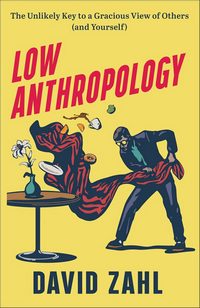 Low Anthropology: The Unlikely Key to a Gracious View of Others (and Yourself)
Low Anthropology: The Unlikely Key to a Gracious View of Others (and Yourself)
by David Zahl
My original post
Zahl’s concern is the way we think about human nature—our anthropology—not in some academic sense (or just that), but how, individually, what we believe about human nature impacts the way we live and think. A Low Anthropology remembers that we are dust, we are broken, we suffer, in short—we aren’t perfect. This is an engaging, frequently humorous, and grace-filled look at human frailty and how remembering we are that way (and that others are, too).

![]()


